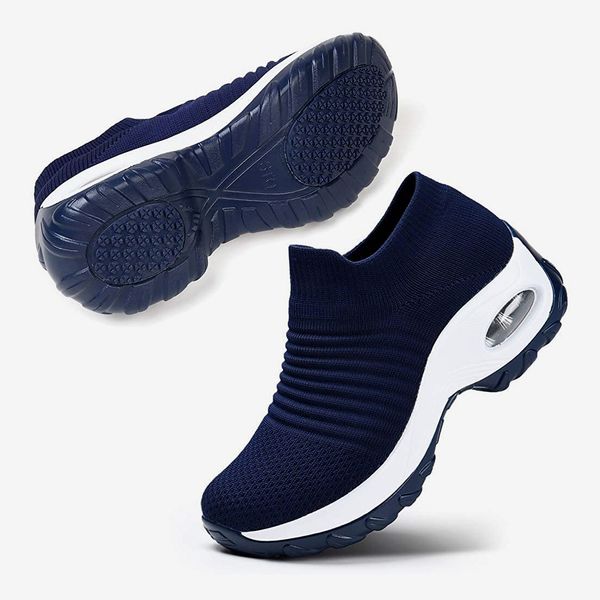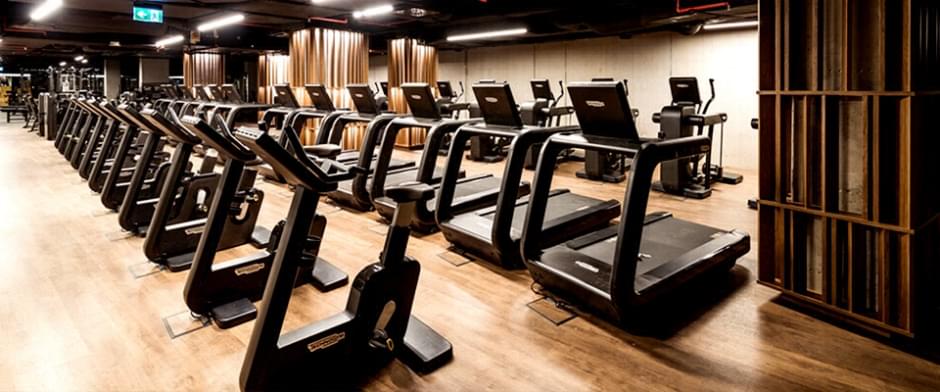
The US has a long tradition of sitting at a computer desk for hours, which can cause stress to the back. This can lead to lower back pain and tighter hamstrings. The core and glutes are also inactive when sitting, making them susceptible to pulls or strains. Houston personal trainers can help you get into shape by strengthening your muscles and reducing your chance of getting hurt.
Darren Lynch
Darren Lynch is a Houston personal training expert. He has been working as an personal trainer for more than ten year. He works out of a private club in River Oaks, Houston, but also travels to clients in and around the surrounding area. He is certified in managing blood pressure and cholesterol and specializes on back pain and cognitive training. He offers a complimentary consultation.

Darren Roberts
Darren Roberts has been a high-performance trainer for world-class action athletes. His Houston personal trainer business assists them with their mental and/or physical challenges. He provides high-performance training services to athletes in all sports. Professional athletes, endurance athletes and weekend warriors are just a few of his clients. He has worked with many athletes, including professional athletes. He also has taught workshops for personal trainers.
Shefali
Shefali Houston's personal trainers cater to those looking to achieve their fitness goals. She has a Bachelor's degree in Exercise Science from the University of Houston and is certified by the American Council on Exercise as an Accredited Personal Trainer. She is also an Orthopedic Exercise Specialist as well as a Fitness Nutrition Specialist. She has also been a model since 2006.
Caesar
Caesar is an experienced personal trainer in Houston. Caesar, who is based out of Longevity Total Fitness has extensive experience working with clients of all ages. Each client has a different workout plan that focuses on strength and high-intensity exercise. He is also taking classes in nutrition to improve his knowledge of the subject.

Paul
Paul Walsh is Paramount Fitness Training's owner and a highly skilled personal trainer in Houston. He has a Master Of Science in Sports Physiology, and is a Certified Strength & Conditioning Specialist. In addition, he is a Precision Nutrition Level 1 Nutrition Coach. He has trained many people to improve health and fitness.
FAQ
Can I eat while I exercise?
Yes. Yes. Low-calorie snacks like watermelon and carrots, celery apples, bananas, grapes, celery, celery, celery, celery, celery, apple, bananas, and carrots are best. These foods are high in nutrients, which can improve your performance during training.
What is the significance of healthy nutrition?
We need to eat well for our health and wellbeing. A healthy diet should include fruits, vegetables and whole grains as well as lean proteins, dairy products, and legumes. Being active and eating healthy foods can help us be more fit, which results in better overall health.
What are resistance training exercises?
Resistance training can be done with weights or other objects. Lifting weights will strengthen your arms. Resistance training builds muscle mass, increases bone density, and promotes greater overall strength.
Do I need to get warm before going out?
Warming up before a sport can help reduce muscle soreness and increase performance. There are many methods you can use to warm up, including running, jumping rope and stretching. Start slowly and gradually increase your pace and intensity.
What are cardio exercises?
Cardiovascular exercises require your heart and lungs work harder than usual. Swimming, cycling, rowing, and jogging are all examples. These activities are great for burning fat and increasing metabolism. They are also great ways to keep fit.
How many hours should I sleep each night?
The amount of sleep that is recommended for each individual depends on their age, gender and needs. Most adults need 7 to 9 hours of sleep per day. Teenagers and children need approximately 10 hours of sleep per day, although this number decreases with age.
How exercise and nutrition can help you to have a better life?
Exercise is good for your health, weight loss, muscle growth, stress reduction, and overall well-being. Nutrition is critical for energy and mood. If you want to live longer, eat less meat, drink alcohol moderately, avoid smoking, and do regular physical activity.
Statistics
- Globally, 81% of adolescents aged 11-17 years were insufficiently physically active in 2016. (who.int)
- In 2018, the World Health Assembly agreed on a global target to reduce physical inactivity by 15% by 2030 and align with the Sustainable Development Goals. (who.int)
- According to the Centers for Disease Control and Prevention, chronic diseases cause 7 out of 10 deaths in the U.S., and treating chronic diseases accounts for 86% of U.S. healthcare costs. (mana.md)
- In high-income countries, 26% of men and 35% of women were insufficiently physically active, as compared to 12% of men and 24% of women in low-income countries. (who.int)
External Links
How To
How to Burn Belly Fats Faster
Belly Fat is usually seen as a problem when we want to lose weight. It's actually a good thing, in fact. It is the fat in your stomach that protects your organs. Let's find out how to lose belly fat quickly.
Lack of exercise and stress are the main reasons we store body fat. Stress makes us feel hungry constantly because it stimulates the production of the cortisol hormone. Cortisol raises insulin levels. The excess calories are stored as fat by insulin. A lack of sleep leads to adrenaline being released into the system which causes an increased appetite. These extra calories can be broken down by exercising.
There are many methods to lose belly fat. Depending on your budget, you can try each one. Here are some quick tips to get rid of belly weight.
-
You can eat less. Don't eat three large meals at once. This way, you'll consume fewer calories overall.
-
Drink plenty of fluids. Water flushes out toxins from your body and keeps you hydrated. Also, drinking water before every meal will keep you feeling full longer so you won't overeat.
-
Avoid unhealthy snacks. If you're looking for quick fixes, snack foods like chips, cookies, candies, etc. This might be tempting. These fattening treats are best avoided as they have too many empty calories and sugar. Instead, choose healthy alternatives like fruits, veggies, nuts, seeds, and whole grains.
-
At least three times per semaine, do strength training. Strength training helps build muscle mass, which means that you can burn more calories even when you are resting. It strengthens bones muscles ligaments, tendons and the heart.
-
Walking or stretching is a good habit to do regularly. Stretching is a great way to increase flexibility and mobility. This helps reduce back pain. Walking for 30 minutes is a great way to burn calories.
-
Reduce alcohol intake. Your diet is empty of calories, and alcohol has no nutritional content.
-
Slowly lose weight. To lose weight, the first step is to determine what your current weight. Then calculate your ideal weight by adding 5% to 10% of your total body weight. Once you have calculated your target body weight, you can begin to cut calories by 500-1000 calories every day until your goal is reached.
-
Avoid processed foods. These foods are high-in salt, sugar, as well as preservatives. Processed foods are often very convenient but don't provide enough nutrients to keep you healthy.
-
Don't skip breakfast! Eating breakfast improves concentration, memory, and energy level. Breakfast should contain protein (like eggs), fibre (like oats), as well as complex carbohydrates (like oatmeal).
-
Have regular bowel movements. Gas and bloating can result from irregular bowel movements. Drink plenty of water to prevent gas and fiber ingestion.